Best movies like Tomorrow
A unique, carefully handpicked, selection of the best movies like Tomorrow Starring Kaori Momoi, Kaho Minami, Nobuko Sendo, Arthur Kuroda, and more. If you liked Tomorrow then you may also like: Wolf Children, Nagasaki: Memories of My Son, Rhapsody in August, Japan's Longest Day, The Atomic Cafe and many more popular movies featured on this list. You can further filter the list even more or get a random selection from the list of similar movies, to make your selection even easier.
On August 9, 1945, the Americans dropped an atomic bomb on Nagasaki. This film, based on a story by Mitsukaru Inoue, describes the daily life of people in Nagasaki the day before that fateful event. It presents the human drama of people's lives, and their feelings of joy and sadness. These include a newlywed couple, an expectant mother, and lovers who must say farewell because the boy is called to serve in the army. Each of these people, like others in the city, hoped to live with their dreams for ‘tomorrow’. But tomorrow never comes for them, as their lives are brought to an abrupt and unexpected end. Knowing how the story ends, in this case, doesn't detract from it at all; rather, it enhances the emotional impact, which is further heightened by the poignant musical score from Teizo Matsumura. 'Ashita' is the first film in Kazuo Kuroki's 'War Requiem Trilogy,' which also includes 'Utsukushii Natsu Kirishima' (2002) and 'Chichi to Kuraseba' (2004).
You may filter the list of movies on this page for a more refined, personalized selection of movies.
Still not sure what to watch click the recommend buttun below to get a movie recommendation selected from all the movies on this list
Nagasaki: Memories of My Son
Nobuko (Sayuri Yoshinaga) works in Nagasaki, Japan as a midwife. Her son died 3 years earlier from the atomic bomb. On August 9, 1948, her son appears in front of her again. Since that time, Koji (Kazunari Ninomiya) appears in front of her and they reminiscence about pleasant times. These happy, but bizarre moments seem eternal.
Rhapsody in August
The story centers on an elderly hibakusha, whose husband was one of 80,000 human beings killed in the 1945 atomic bombing of Nagasaki, caring for her four grandchildren over the summer. She learns of a long-lost brother, Suzujiro, living in Hawaii who wants her to visit him before he dies.
Japan's Longest Day
Following the detonation of the atomic bombs on Hiroshima and Nagasaki, the Japanese military and the government clash over the demand from the Allies for unconditional surrender. Minister of the Army Anami leads the military officers who propose to fight on, even to the death of every Japanese citizen. Emperor Hirohito, however, joins with his ministers in asking the unthinkable, the peaceful surrender of Japan. When the military plots a coup to overthrow the Emperor's civilian government, Anami must face the choice between his desires and loyalty to his Emperor.
The Atomic Cafe
A disturbing collection of 1940s and 1950s United States government-issued propaganda films designed to reassure Americans that the atomic bomb was not a threat to their safety.
Autumn in New York
Autumn in New York follows the sexual exploits of Will Keane - New York restaurateur, infamous verging-on-50 playboy, master of the no-commitment seduction - until he runs into an unexpected dead end when he meets Charlotte Fielding. Charlotte is half Will's age and twice his match, a 21 year-old free spirit yearning to get out and taste the excitement of adult life.
Black Rain
Shigematsu Shizuma lives with his senile mother, his wife Shigeko, and his niece Yasuko in a village near Fukuyama. He, his wife, his niece and his close friends in the village were present at the atomic bombing of Hiroshima. The Shizumas look for prospective husbands for Yasuko, but find that the families withdraw on finding out she was at Hiroshima.
China Sky
During World War II, an American mission hospital is headed up by Dr. Gray Thompson and Dr. Sara Durand. Sara is secretly in love with Gray but hides her feelings as his new wife, Louise, arrives at the hospital. Sparks fly, however, when Louise becomes jealous of Sara, and then tries to convince her husband to leave war-torn China behind for a calmer life in the United States. But Thompson is attached to both Sara and the people who need his help.
Dodes'ka-den
This film follows the daily lives of a group of people barely scraping by in a slum on the outskirts of Tokyo. Yet as desperate as their circumstances are, each of them—the homeless father and son envisioning their dream house; the young woman abused by her uncle; the boy who imagines himself a trolley conductor—finds reasons to carry on.
The Emperor in August
In July 1945, during the end of World War II, Japan is forced to accept the Potsdam Declaration. A cabinet meeting has continued through days and nights, but a decision cannot be made. The U.S. drops atomic bombs on the cities of Hiroshima and Nagasaki, Japan. General Korechika Anami is torn over making the proper decision and the Emperor of Japan worries about his people. Prime Minister Kantaro Suzuki leads the cabinet meeting, while Chief Secretary Hisatsune Sakomizu can't do anything, but watch the meeting. At this time, Major Kenji Hatanaka and other young commissioned officers, who are against Japan surrendering, move to occupy the palace and a radio broadcasting station. The radio station is set to broadcast Emperor Hirohito reading out the Imperial Rescript on the Termination of the War.
Barefoot Gen
A story about the effect of the atomic bombing of Hiroshima on a boy's life and the lives of the Japanese people.
Hiroshima Mon Amour
The deep conversation between a Japanese architect and a French actress forms the basis of this celebrated French film, considered one of the vanguard productions of the French New Wave. Set in Hiroshima after the end of World War II, the couple -- lovers turned friends -- recount, over many hours, previous romances and life experiences. The two intertwine their stories about the past with pondering the devastation wrought by the atomic bomb dropped on the city.
The Little House
Following the death of the unmarried and childless Taki, Takeshi, a young relative of hers, discovers several pages of closely written lines in which the old lady has recorded her memories. This is how he learns the truth about her youth working as a housemaid and nanny for the Hirai family in a little house in Tokyo with a red gabled roof.
The Iron Curtain
The Iron Curtain is based on the actual 1945 case of Soviet cipher clerk Igor Gouzenko, (Dana Andrews), who, after careful training, was assigned to the U.S.S.R. Embassy in Ottawa, Canada in the midst of World War II. Eventually, Gouzenko defected with 109 pages of material implicating several high level Canadian officials, outlined the steps taken to secure information about the the details of the nuclear bomb via numerous sleeper cells established throughout North America. The scandal that resulted when details of this case were publicized by American columnist Drew Pearson in early 1946 involved Canada, Britain and the United States.
Children of Nagasaki
August 9, 1945. An atomic bomb drops on Urakami, Nagasaki at 11:02am. The story of Dr. Nagai and his family.
The Face of Jizo
Based on a play by Hisashi Inoue, it focuses on the sufferings of the survivors of Hiroshima. The film takes place during 4 days in the summer of 1948, as the ghost of her father visits Mitsué (Rié Miyama). He had somehow learned that she has fallen in love, and tries to convince her to start her new life. But Mitsué obstinately refuses his warm and humorous encouragements : « People were killed in my place. I do not have the right to find happiness », she says.
The Beginning or the End
The research, development, and deployment of the first atomic bomb, as well as the bombing of Hiroshima, are detailed in this docudrama.
Grave of the Fireflies
Hisako loses her home in Tokyo to Allied bombing. With her husband fighting somewhere in Asia, she and her two children evacuate to a suburb of Kobe, where they share a house with Hisako's cousin, Kyoko. Kobe is bombed and Kyoko is killed. Hisako is forced to take care of Kyoko's two children in addition to her own, but there is not enough food for everyone.
Suzanne's Diary for Nicholas
A woman discovers the truth about her former lover from the diary that his first wife wrote to their son, Nicholas.
Silence Has No Wings
Following the journey of a caterpillar along the Japanese islands from Nagasaki to Hokkaido, this allegorical and oblique first feature film by Kuroki depicts in exquisite images a series of encounters and life's turning points.
Heavenly Forest
The story begins with Makoto Segawa, a freshman at Meikei University. On the day of his university entrance ceremony, Makoto meets a fresh-faced, quirky girl named Shizuru. Makoto has a complex which causes him to shy away from contact with other people, but she succeeds in getting him to open up to her naturally. All Shizuru wants is to be with Makoto, so she takes up a camera too. The two spend their days together taking photos in the forest behind the campus. However, Makoto has feelings for another student named Miyuki. Shizuru decides that if Makoto likes Miyuki, she wants to like her too. She wants to like everything that he does. One day, she tells Makoto that she wants to take a photo of them kissing in the forest as a present for 'her birthday'. He obliges for her sake, and they kiss in the forest.
A Boy's Summer in 1945
Commencing well-respected Nippon director Kazuo Kuroki's sixth decade behind the camera, "A Boy's Summer in 1945" (literally "A Beautiful Summer in Kirishima") is a lyric, novelistic drama set in the countryside in the last days before Japan's surrender ending WWII. Striking a welcome retro note in its languid pacing and delicate handling of seriocomic ensemble threads, handsome production is a natural for fests. It might also prove a cornerstone for retrospectives or ancillary releases of works by a helmer ("Preparation of the Festival," "Ronin-gai") who's long been appreciated at home but has won just limited attention abroad.
Song of the Canefields
Hirayama Koichi and his wife Michiko eloped from Osaka to Okinawa, where they lived happily with their five children. When war erupts, their eldest son is drafted into the Imperial army. As fighting spreads, the family takes refuge far from the city, but soon, child after child is drafted to serve in various branches of the military and in organizations supporting the war cause. Koichi himself is faced with a moral dilemma when he is ordered to kill a wounded American soldier.
Frankenstein: The Metal Opera- Live
Mary Shelley's Frankenstein is brought to life by the electrifying impact of live rock music. Witness a faithful retelling of the classic gothic novel, during a night at the opera like no other. Filmed Hallowe'en 2014.
Yunagi City, Sakura Country
Thirteen years afterward, I wonder if those who bombed Hiroshima are looking at me and saying: 'We did it! We were able to kill another person!' They should be," murmurs Minami (played by Kumiko Aso), one of the two leading female characters in Yunagi no Machi, Sakura no Kuni, as she lies dying in 1958, her life brought to a premature end by sickness resulting from her exposure to atomic bomb radiation. This is a story about those who at least initially survived the first U.S. atomic bombing of 1945 and their descendants in contemporary times. The film, based on a comic by Fumiyo Kono, jumps between the two time frames and quietly depicts the sorrow and mortification experienced through the everyday lives of laid-back and soft-spoken Hiroshima people. Only a few scenes of the bombing and the ensuing devastation are featured.
Farewell to the Summer Light
A spontaneous romance blooms between Kawamura, a professor touring Europe, and Naoko, a married woman living in Paris, scarred by the Nagasaki atomic bombings. The two protagonists travel around Europe trying to find themselves.
The Bells of Nagasaki
The film portrays the experiences of Takashi Nagai as a survivor of the atomic bombing of Nagasaki.
Miracle in Four Days
Dvorak's Symphony No. 9, "From the New World" wafts through a hospice recreation room. Sitting at the grand piano is a young girl, Chiori, with a prodigious ability to play any piece of music after one hearing. Keisuke Kisaragi whose career was abruptly cut short when he jumped in front of a bullet fired by a crazed gunman. The nerves in one hand were severed but he saved the life of Chiori. The tragic incident takes the lives of Chiori's parents, however, and Keisuke becomes her guardian. Not long after their return to Japan, Keisuke discovers Chiori's musical gift.
Cuban Lover
Japanese fishery instructor Akira is attracted to beautiful Cuban young girl Martia. Though initially rejected, Akira still returns with Martia to her homeland. On the way he sees a post-revolution Cuba, cultivating fields, relics from the revolution, armies in training, and Castro in a political rally.
White Light/Black Rain: The Destruction of Hiroshima and Nagasaki
Steven Okazaki presents a deeply moving look at the painful legacy of the first -- and hopefully last -- uses of nuclear weapons in war. Featuring interviews with fourteen atomic bomb survivors - many who have never spoken publicly before - and four Americans intimately involved in the bombings, White Light/Black Rain provides a detailed exploration of the bombings and their aftermath.
The Day After Trinity
This essential, Academy Award–nominated documentary offers an urgent warning from history about the dangers of nuclear warfare via the story of J. Robert Oppenheimer, the enigmatic physicist and all-around Renaissance man who led the Manhattan Project to develop the atomic bomb that America unleashed on Japan in the final days of World War II. Through extensive interviews and archival footage, THE DAY AFTER TRINITY traces Oppenheimer’s evolution, from architect of one of the most consequential endeavors of the twentieth century to an outspoken opponent of nuclear proliferation who came to deeply regret his role in ushering in the perils of the atomic age.





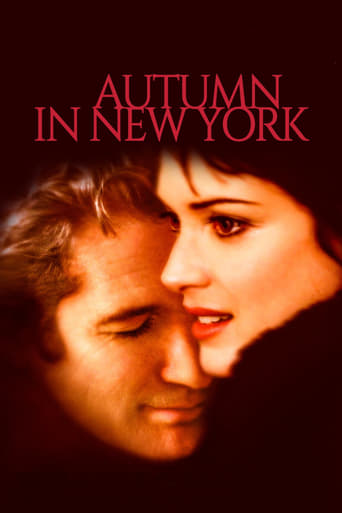







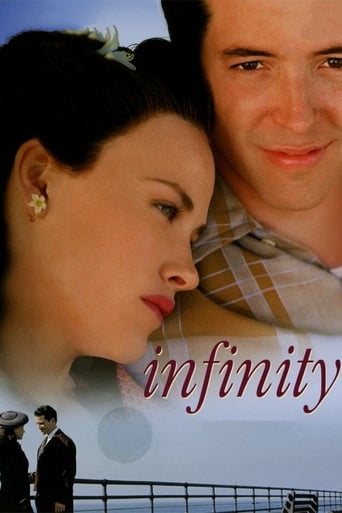

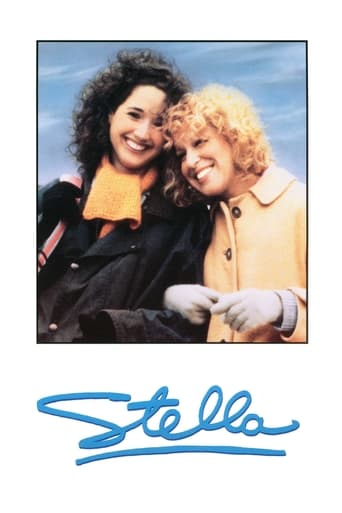




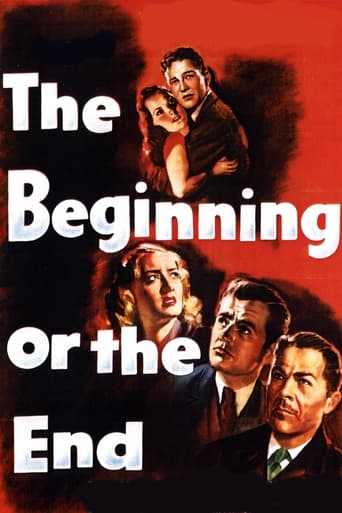

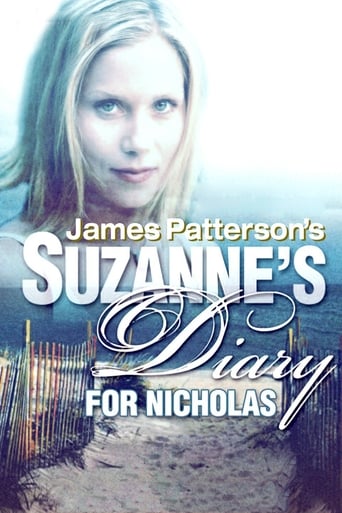










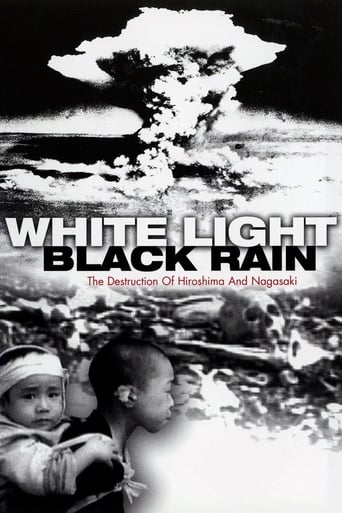
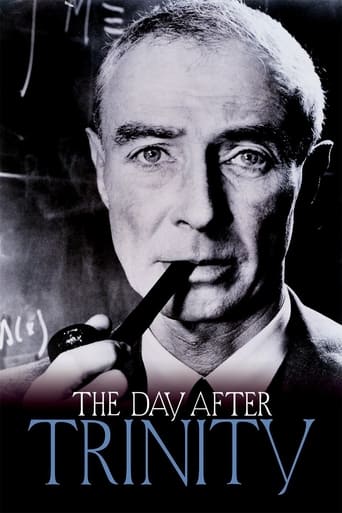
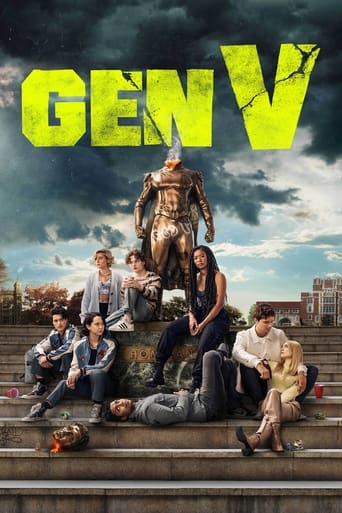
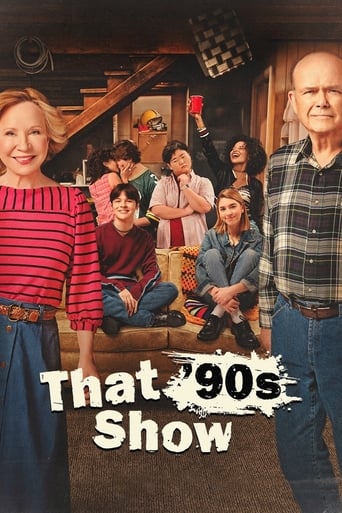
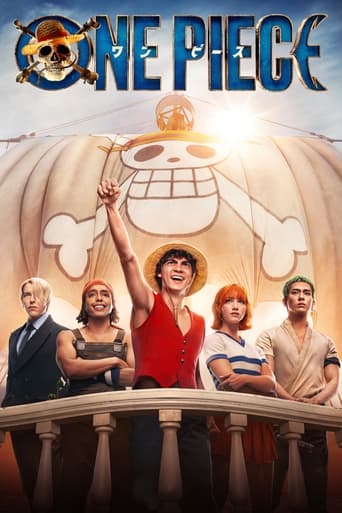
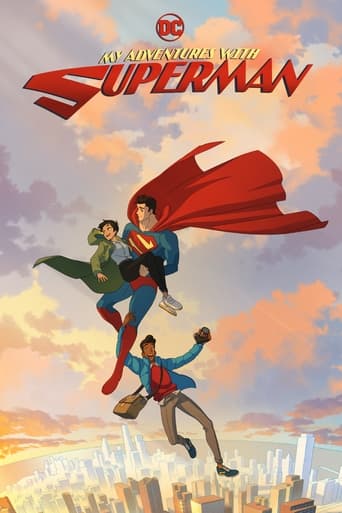
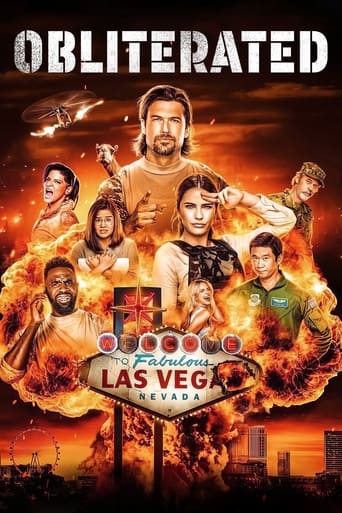
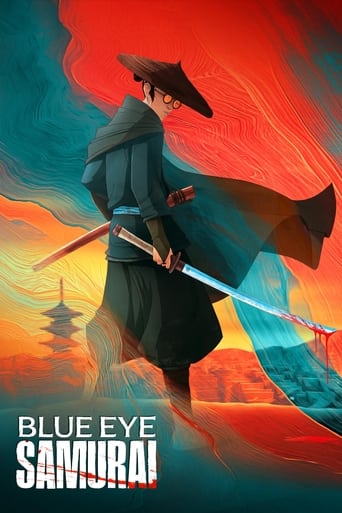
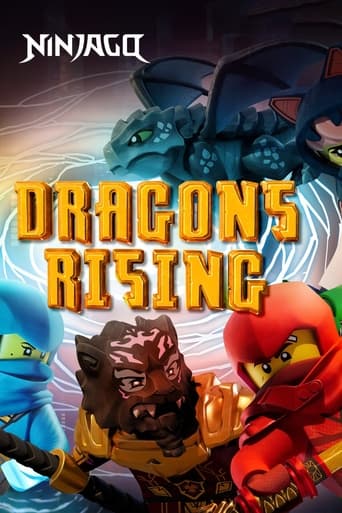
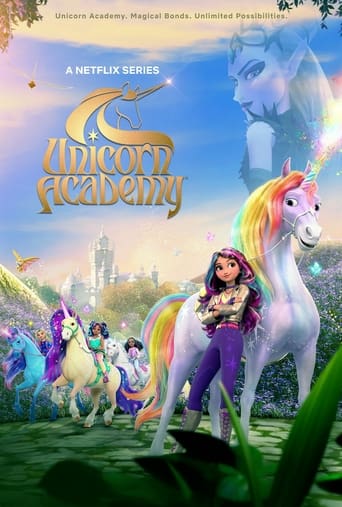
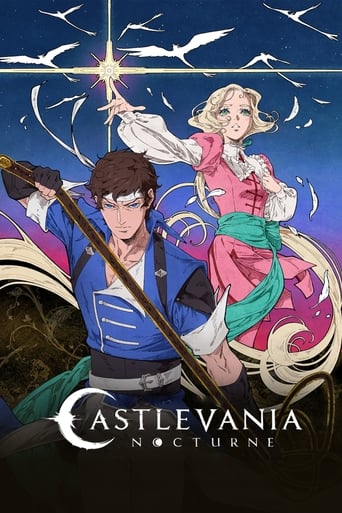


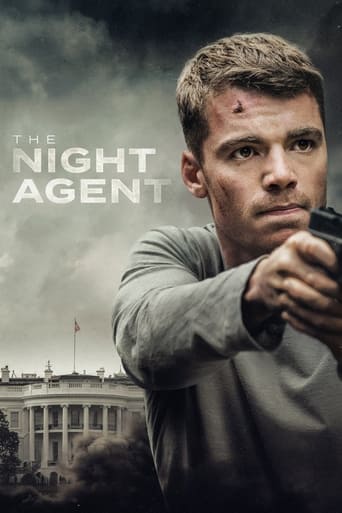
Wolf Children
After her werewolf lover unexpectedly dies in an accident, a woman must find a way to raise the son and daughter that she had with him. However, their inheritance of their father's traits prove to be a challenge for her.